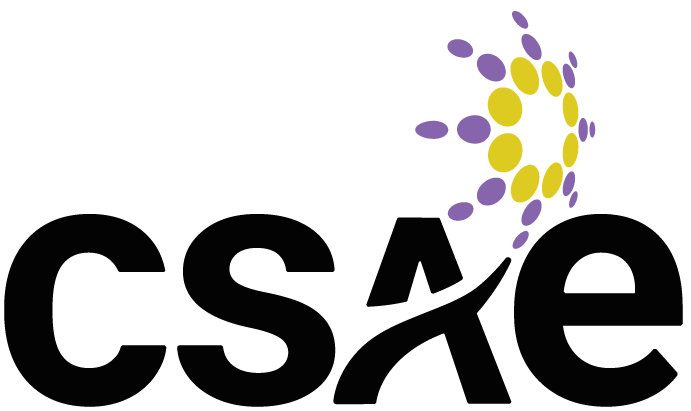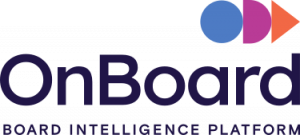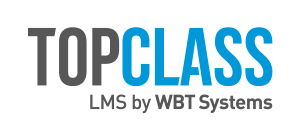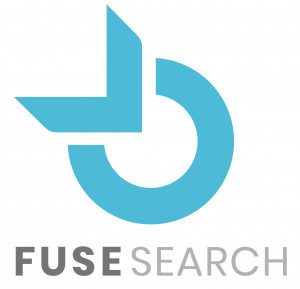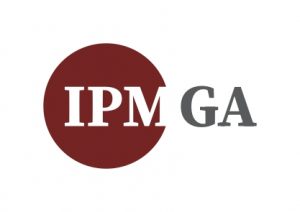7 Tips to Prepare Your Association for the Unexpected

By Dr. David S. Weiss and Peter Primdahl
The Fall 2020 edition of CSAE’s Association magazine featured an article that urged leaders to get proactive when it comes to planning for an uncertain future.
In that article, we delved into the question of whether organizations everywhere should have been better prepared for the significant challenges presented by COVID-19. While we often refer to the current pandemic as “unprecedented,” some point out there were warning signs in the past, including SARS and H1N1.
Why, then, were so many of us caught unprepared, with no pandemic readiness plan in sight?
Instead of scrambling to react appropriately to the next unexpected event, there are practical steps you can take now to prepare your association, non-profit, or social enterprise organization for the unexpected.
Here, we provide seven practical tips for associations to apply the ideas in the article Should We Have Been Ready? The Call to Proactively Engage with an Uncertain Future.
- Avoidance is not a viable strategy. Association leaders and boards must be proactive in preparing for what is likely to be, what could be, and what might be in the future.
- Look outside your organizational walls. To predict what could occur, you need to go beyond comparing yourself to similar associations, and instead examine how your members are now interacting with companies like Amazon, Google, etc. They may begin to expect a similar service experience from your association. Analyze the possibilities and assess the degree to which you need to prepare.
- Walk in your current and prospective members’ shoes. Understand your overall target market (not just your current members) and what matters most to them. Your objective is to build a well-rounded “empathy map” that will help you create and deliver value to your current and prospective association members.
- Foster a culture that innovates. “The way we’ve always done it” is no longer a valid approach to organizational planning. Instead, leaders must shift their culture to an adaptive and flexible approach that responds quickly to future scenarios and allows innovation to flourish. Encourage your staff’s curiosity and be open and ready to explore their insights and ideas.
- Analyze probable, plausible, and possible scenarios. After examining the external and internal environments that impact your organization, multiple potential intersections (scenarios) begin to emerge. Senior leaders should plan for the “likely to be” scenario, while other teams investigate and plan for uncertainties that “might be” or “could be.” High-level readiness plans are developed for uncertainties and the plans are further refined if a precipitating event occurs.
- Recognize early warning ‘triggers’. Triggers are precipitating events that shift the probability of the occurrence of certain forecasted scenarios. When trigger events occur, an organization must react quickly and perform a detailed analysis of direct and indirect impacts – thereby demonstrating resiliency in the face of uncertainty.
- Implement ‘no regret’ actions. Organizations can identify and implement certain “no regret” actions that apply to all scenarios, whether the scenario is probable, plausible, or possible. Some good examples of no regret actions are maximizing digital connectivity with your members and improving online continuing education course delivery – regardless of what happens in the future, these no regret capabilities can de-risk the journey ahead.
There are many lessons for proactive association leaders to learn in our post-COVID world.
Now is the time to take a step back, rethink and re-evaluate your vision and strategy, and focus on your organizational purpose. A custom-designed forecasting-readiness process will help you lead your association into the next unexpected situation with confidence.
Bring your senior management team and board together on April 8th for a practical working session with Dr. David S. Weiss. You’ll establish your key strategic priorities, prepare your association for the unexpected, determine how you’ll measure success, and reach a clear understanding of what good governance means for your organization in the year ahead – and more. Click here to learn more about the Governance Forum.
Read the full article by Dr. David S. Weiss and Peter Primdahl, Should We Have Been Ready? The Call to Proactively Engage with an Uncertain Future:
